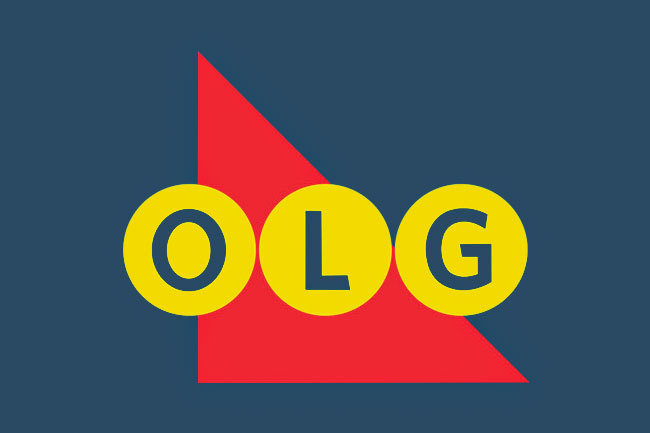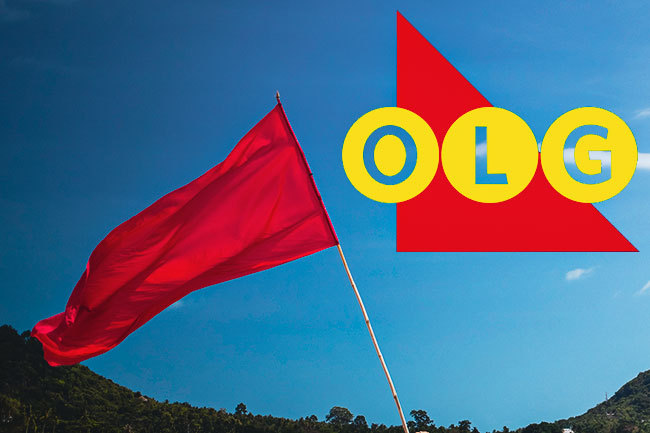The federal government of Canada has most recently conducted an audit of the Ontario Lottery and Gaming Corporation revealing multiple violations. According to the government review, the Crown agency has misused corporate credit cards, compensated practices out of line, as well as compiling a plan to funnel more money to provincial coffers by privatizing casinos in the province.

The audit was performed by an internal division of the federal government, instead of the independent auditor general’s office. The report does not draw conclusions about the Crown corporation’s performances but instead raises some concerns regarding the agency’s value delivered to the province for the last couple of years.
Several Irregularities

The two phases of the audit were completed in June and December of 2020 but the report was published this month. According to the audit from 2015 to 2018, a couple of the agency’s executives were awarded raises between 16% and 46%. The number is far bigger than raises at other government-run corporations, which saw raises between 3-10%.
By the year 2018, former CEO Stephen Rigby was making CA$765,000 and he made CA$797,000 before leaving the state agency. The audit has also found that the total executive compensation was at CA$11 million in 2019, compared to CA$7.2 million, CA$6.1 million, and CA$5.2 million respectively at the Metrolinx, the LCBO, and the Workplace Safety and Insurance Board.
Additionally, the report has also established that over CA$260,000 worth of spending on credit cards has been spent across the board and 29% was on furniture and travel, which were not in compliance with the OLG’s credit card policy. However, the audit did not make any conclusions about the former CEO. According to OLG representative Tony Bitonti, the credit card transactions were legitimate work-related expenses.
Paul Burns, president and CEO of the Canadian Gaming Association, stated that the audit suggests that the modernization process is too difficult and rigid. According to him, the process was hard for operators to bid on contracts and damaged the business for those who did not possess a casino license. Thus, leading to less revenue for the province.
Recent OLG Scandal
Recently, the OLG has also been involved in another controversy. According to Ontario’s Court of Appeal, the Crown corporation and the provincial government have breached their revenue-sharing contract with 132 Ontario First Nations. In accordance with the agreement, the Crown must pay 1.7% of two-non gaming revenues to the Nations, however, after recent changes to open a new iGaming market in the province, the Crown failed to inform the tribes about the changes.
On the basis of the inability to inform the First Nations, the Shawanaga First Nation has requested Ontario’s government to halt the opening of the new iGaming market for private operators. In relation to Shawanaga’s Inherent, Indigenous, and Treaty Rights, Title, and Interests informed and consulted about the changes. The nation’s claim is that the government and the OLG have denied them inalienable rights to participate in the new gaming regimes.
Source: Dobby, Christine “OLG audit finds misuse of corporate credit cards, 46 per cent raises, and no comprehensive business case for modernization plans”, Toronto Star, October 17, 2021



















